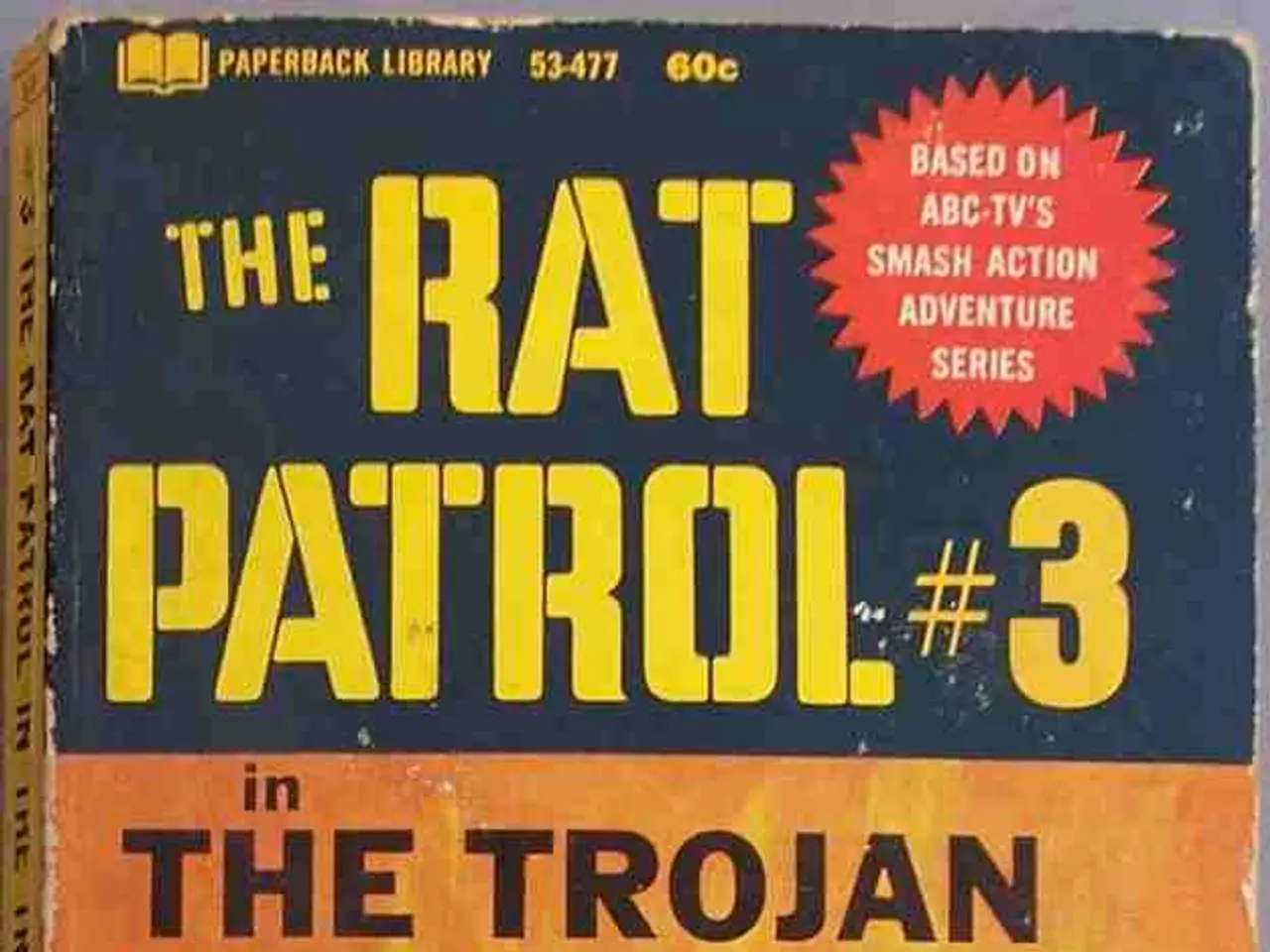Clausewitz Crash Course: Mastering War Theory through Books
For military leaders seeking to delve into the principles of Carl von Clausewitz's seminal work, On War, a multi-source approach is recommended. This approach includes authoritative translations, contextual books that unpack its complex ideas, and educational resources that discuss its relevance to modern strategy.
Start with the respected English translation by Michael Howard and Peter Paret. Known for its scholarly rigor and comprehensive introduction and notes, this version is often cited in military academic circles.
To gain a deeper understanding of Clausewitz's concepts, supplement your reading with specialized analytical texts such as 'Two Letters on Strategy', edited and translated by Peter Paret and Daniel Moran. This publication offers focused insights attributed to Clausewitz and is part of professional military education.
Historical analyses of campaigns, like WWII allied strategy critiques referencing Clausewitz, illustrate the application of his principles to real-world conflicts, enriching comprehension of strategic objectives and efforts required.
Engage with strategic discussions on military academic platforms and strategy-focused podcasts. While specific On War-focused podcasts were not identified, many military history and strategy podcasts often cover Clausewitz. Listening to episodes that discuss his principles—especially relating to political objectives and the will to resist—can illuminate his theories in conversational and example-driven formats, complementing reading.
Military professional education bodies like the US Army War College often produce lectures, podcasts, or seminars on Clausewitz and strategy that may be accessible online or through institutional platforms.
Clausewitz emphasizes that war is a political act aimed at compelling the enemy to accept one’s will, and the “means” (force) do not automatically break the enemy’s will without fulfilling broader political objectives. Understanding the interplay of strategy as the “use of engagement to attain the object of war” and constraints like limited resources is essential for applying Clausewitz effectively.
In addition to these resources, books such as Clausewitz: His Life and Work by Donald Stoker, Clausewitz and Contemporary War by Antulio Echevarria, and The Strategy Bridge: Theory for Practice by Colin S. Gray provide valuable insights into Clausewitz's life, work, and the context of his nineteenth-century Prussian background.
For those interested in learning more about Clausewitz's wife, Marie Von Clausewitz: The Woman Behind the Making of On War, by Vanya Bellinger, offers a fascinating perspective.
Lastly, the Clausewitz Homepage serves as a free, ultimate resource on all things Clausewitz and On War.
By following this comprehensive guide, military leaders can achieve a well-rounded grasp of Clausewitz’s principles and their practical implementation.
Expand your learning journey beyond translations by exploring analysis texts like the 'Two letters on strategy' to delve into focused insights attributed to Clausewitz. Engage with military academic platforms and strategy-focused podcasts for conversational and example-driven explanations of his theories. To fully comprehend the wider context of Clausewitz's work, consider studying books such as 'Clausewitz: His Life and Work' and 'Clausewitz and Contemporary War.'




